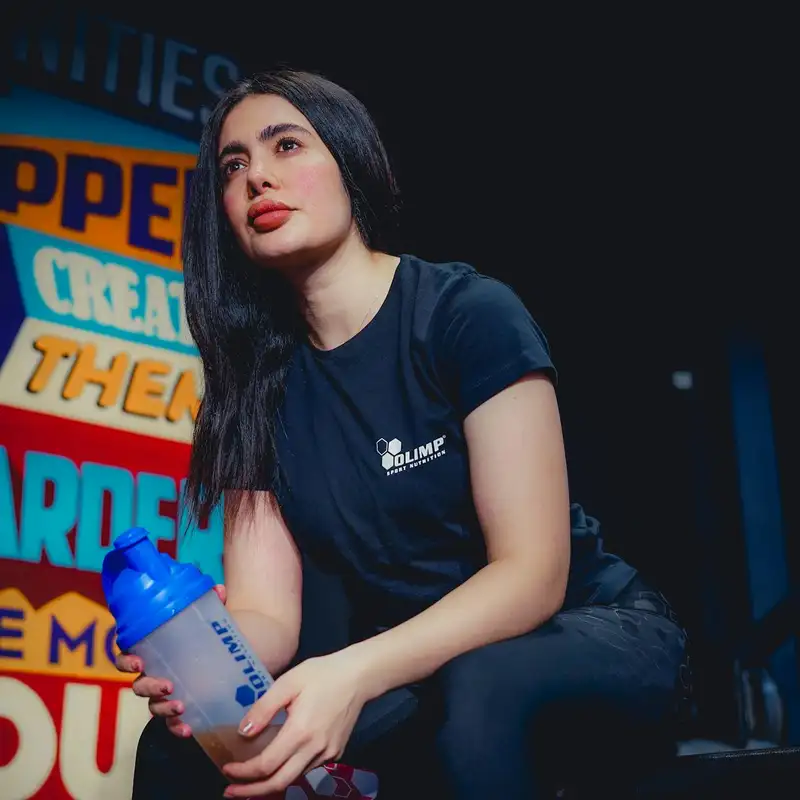Encouraging young athletes to adopt healthy eating habits can be challenging, especially when the benefits aren’t immediately apparent. However, when children are shown how their diet can directly impact their energy levels and performance during games, they become more receptive to making dietary changes.
Reflecting on my teenage years, I often resorted to snacks like Doritos after tennis practice, not realizing the impact of my food choices on my performance. Had I understood the connection between nutrition and athletic output, I might have opted for healthier options.
This is the mindset that nutritionist Cynthia Lair seeks to instill through her book, “Feeding the Young Athlete,” co-authored with Dr. Scott Murdoch. Although the book has been around for some time, it remains a valuable resource filled with practical advice.
Lair was motivated to write the book after observing the poor dietary habits of her daughter’s soccer teammates, who often consumed junk food and sugary snacks post-practice. As a nutrition assistant professor at Bastyr University, she began introducing healthier snack alternatives and discussing the benefits of nutritious eating with the young athletes.
Engaging Young Athletes
Lair emphasizes that simply telling kids to eat healthily isn’t effective. Instead, she suggests encouraging them to eat two hours before a game and observe the difference in their energy levels. This experiential learning approach, especially when reinforced by a coach, can be far more persuasive than adult advice alone. “When they can actually feel a difference, that’s way, way more convincing,” Lair explains.
Key Nutritional Tips
Timing
Proper timing is crucial for converting food into glycogen, the energy source for muscles. Eating too close to game time doesn’t allow the body to process food into fuel. Planning meals around game schedules is essential.
- Pregame: Consume a meal two to three hours before a game or intense workout. If necessary, have a light snack an hour before.
- Midgame: Stay hydrated with juicy fruits or electrolyte drinks during halftime or extended workouts.
- Postgame: Eat within 30 minutes after playing to replenish energy stores. This period, known as the glycogen window, is when muscles efficiently convert carbohydrates into glycogen.
Types of Food
- Pregame: Opt for carbohydrates like pasta, rice, bread, or potatoes, accompanied by vegetables and some protein. Avoid overeating. If a snack is needed, choose light options like fresh fruit or crackers.
- Midgame snack: Choose fruits with high water content, such as oranges, melons, or grapes, and drinks with carbohydrates, like a homemade sports drink.
- Postgame: Aim for a 4-to-1 carbohydrate-to-protein ratio with snacks like rice cakes with almond butter and an apple, or fresh vegetables with dip. These snacks help stimulate insulin, aiding in glycogen formation.
Bad Eating Habits to Avoid
- Skipping meals: Missing meals can lead to insufficient glycogen stores during intense activities.
- Drinking only when thirsty: Dehydration can divert energy to temperature regulation, potentially causing heat-related issues or muscle cramps.
- Eating on the run: Taking time to savor meals supports better digestion and enhances athletic performance.
- Relying on supplements: Whole foods should be the primary source of nutrition.
- Choosing energy-draining foods: High-fat foods metabolize slowly, making them unsuitable for game day. Similarly, high-sugar foods can cause an energy crash.
